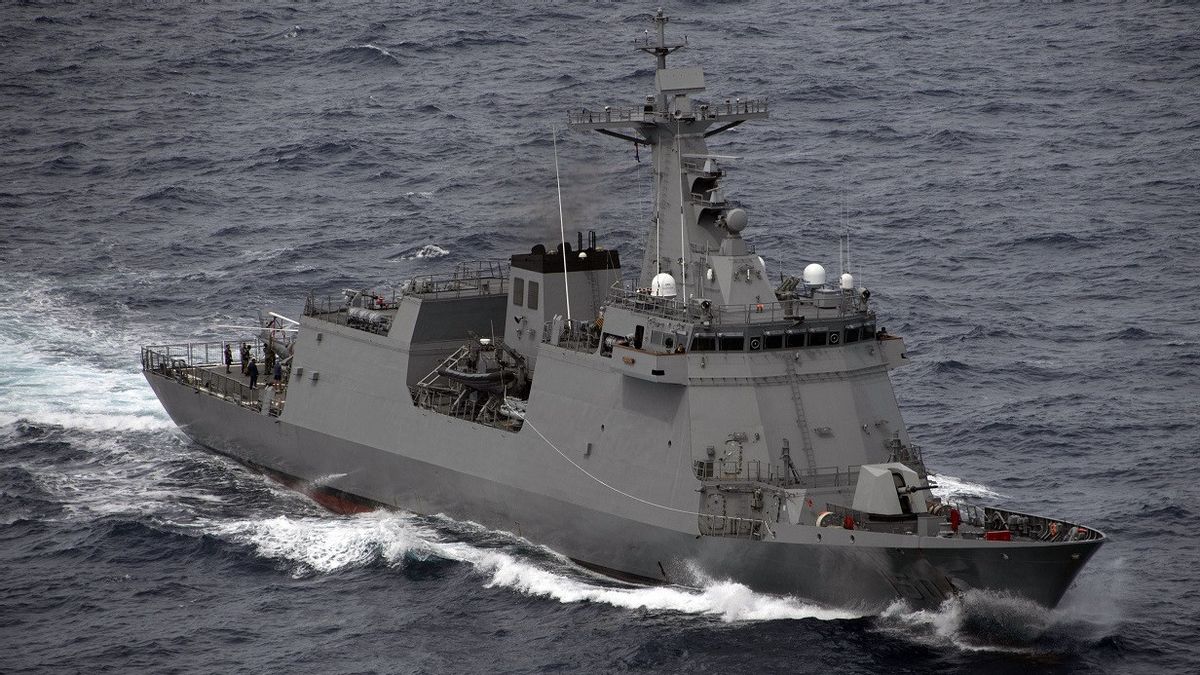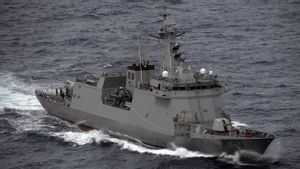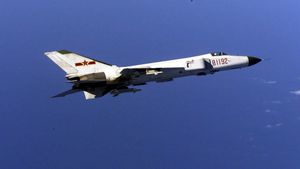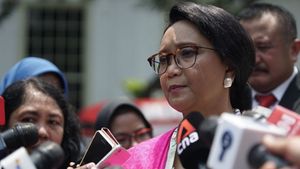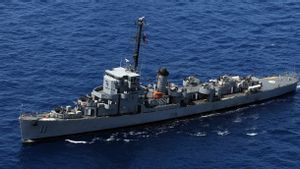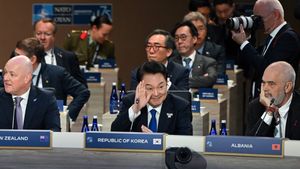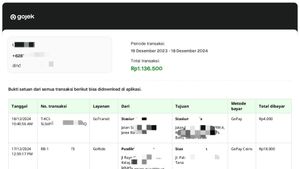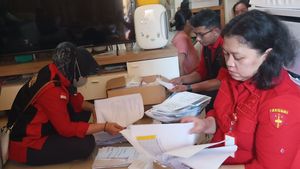JAKARTA - The Philippine Defense Minister confirmed that his party will continue maritime exercises in the 200-mile Exclusive Economic Zone (EEZ) in the South China Sea, on Sunday 2 May.
This statement was issued after China had previously asked for the practice to stop and called it a step that could increase the dispute.
The Philippine coast guard and fisheries bureau began maritime exercises last month, has increased its presence in the area to counter the threatening presence of Chinese ships.
China's unilateral claims in the South China Sea region based on the history of the kingdom era contradicted the 2016 International Arbitration Award in The Hague, which called China's claims incompatible with international law.
"The conduct of maritime patrols in the WPS (West Philippine Sea) with the Kalayaan Island Group by the Philippine Coast Guard and the Bureau of Fisheries and Aquatic Resources will continue," Defense Minister Delfin Lorenzana said in a statement.
"The government will not waver in its position," said Delfin Lorenzana.
The presence of hundreds of Chinese ships in the Philippine EEZ has revived tensions between countries, despite President Rodrigo Duterte on friendly terms with Beijing.
Lorenzana said his comments echoed Duterte's stance on the issue, citing a very strict and straightforward order to the Philippine military, to defend what is rightful for the Philippines without going to war and keeping peace at sea.
"The Philippines can be friendly and cooperative with other countries but not at the expense of our sovereignty and sovereign rights," he said.
SEE ALSO:
To note, even though he still considers China a good friend, President Duterte last week warned China.
"There are things that can't really be compromised. I hope they will understand but I have the interests of my country as well to protect," Duterte stressed.
In fact, Philippine President Rodrigo Duterte stressed that his party is ready to send warships to the South China Sea, to defend territorial claims, as well as claims of existing oil and mineral resources in the region.
The English, Chinese, Japanese, Arabic, and French versions are automatically generated by the AI. So there may still be inaccuracies in translating, please always see Indonesian as our main language. (system supported by DigitalSiber.id)
